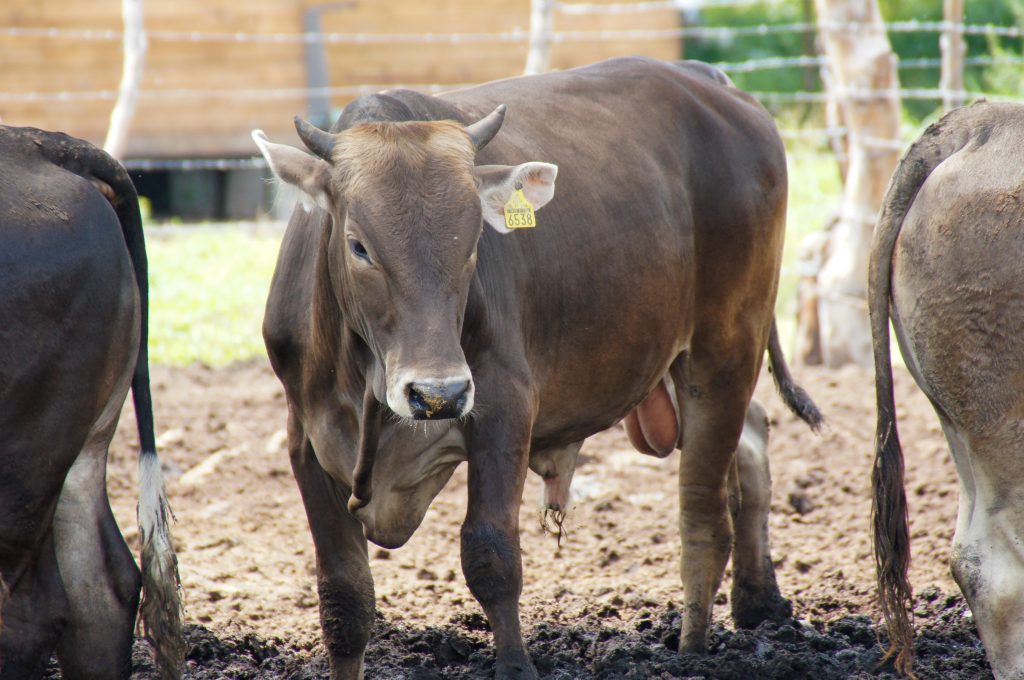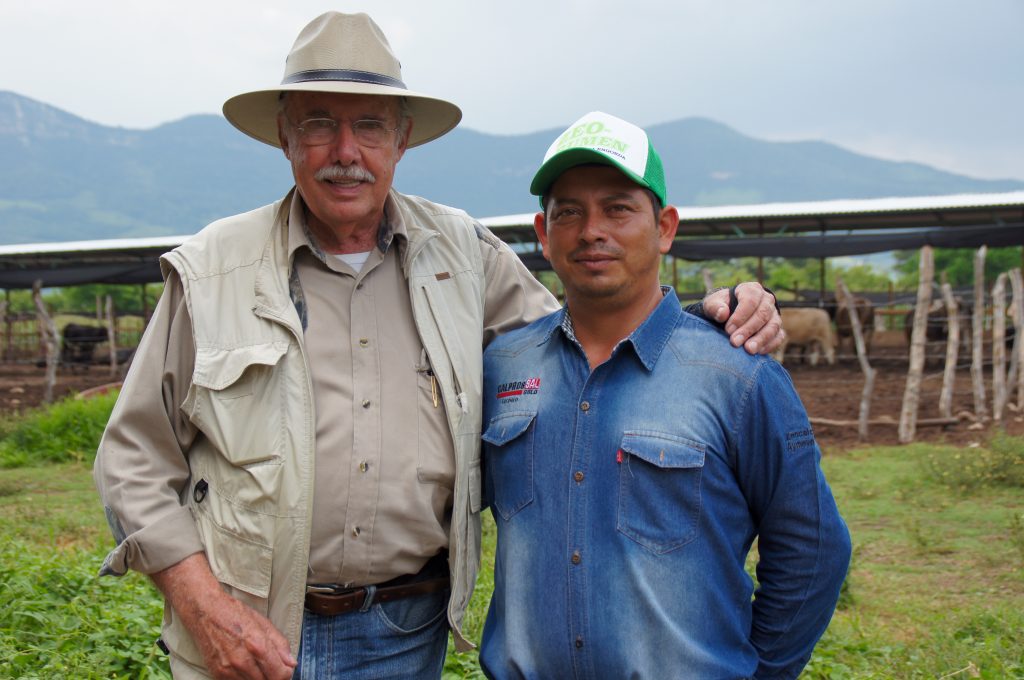From the tropics in Campeche to the jungles in Palenque to the mountains in Tuxtla Gutiérrez, the U.S. Grains Council (USGC) is helping build markets through demonstration trials for U.S. dried distiller’s grains with solubles (DDGS), known locally as pruebas, in southeastern Mexico.
Located west of the Yucatán peninsula, southeastern Mexico is home to large populations of cattle. Ranchers in the region raise feeder calves that are both consumed within the region and shipped to feedlots in northern Mexico.
While the tropical climate provides ample grass for grazing, ranchers can benefit from supplementing with DDGS, and the Council is working to show local producers the feed ingredient’s efficiency and value as well as to help establish regional feed suppliers that offer DDGS as part of their commercial feed offerings.
“Mexico is traditionally the second largest importer of U.S. DDGS with countless large livestock producers actively using the product, but the size and complexity of the Mexican market means that there are still significant untapped market opportunities to expand DDGS use,” said Javier Chavez, USGC marketing specialist in Mexico. “Education and market information could spur up to 80,000 metric tons of additional DDGS demand in this part of the country.”
Supplementing with DDGS has proven highly effective in feeding trials conducted in southeastern Mexico. Cattle fed DDGS grow heavier faster, allowing ranchers to send their calves to market nearly two weeks sooner. From a nutritional standpoint, feeding DDGS also benefits the cattle’s digestive systems, fostering microorganisms in the rumen that better process the tropical forages the cattle graze. Furthermore, when these calves are sold into feedlots in northern Mexico, their familiarity with DDGS – inside and out – makes them better gainers.
Regional dairy producers are also seeing benefits from supplementing with DDGS. The additional feed ups milk production and increases fertility rates. And when tropical conditions turn into drought, dairy cows fed DDGS maintain milk production while those without supplementation saw diminished production or went dry.
Even with positive trial outcomes, however, the Council’s strategy in southeastern Mexico would not be successful without concurrent work to help these farmers and ranchers source DDGS. As a result, the Council ensures every trial presentation includes not only testimonials from the participating ranchers and technical information, but also at least one or more commercial feed suppliers actively selling DDGS.
“These events serve as information and network sessions for potential customers looking to expand their feed supply options,” Chavez said. “Our goal is to share the positive results of individual farmers with their neighbors, as well as the connections with local feed suppliers, spurring additional demand for DDGS.”
This expanding strategy, supported by the Council’s membership combined with a new infusion of funding from the U.S. Department of Agriculture’s (USDA’s) Agricultural Trade Promotion (ATP) program, is increasing sales of U.S. DDGS to southeastern Mexico. Regional cattle producers are now driving the demand versus only a few years ago when a single chicken plant purchased the only DDGS sold through ports in neighboring Veracruz.
These efforts are also diversifying suppliers in the region. Five large U.S. DDGS producers are now supplying the market, and the Council is working to help address new constraints related to rapidly increasing volumes. The Council is also signing memorandums of understanding (MOUs) with Mexican companies to further reinforce these supplier relationships.
“We are confident in our partners in southeast Mexico because they provide us with accurate results in sales,” Chavez said. “Existing partners purchased a combined 19,600 tons of U.S. DDGS in 2017/2018, exceeding our goals for the year, with total sales to the region of more than 262,000 tons.”
Learn more about the results of these DDGS trials in coming editions of Global Update.
Learn more about the Council’s work to promote DDGS in Mexico.
About The U.S. Grains Council
The U.S. Grains Council develops export markets for U.S. barley, corn, sorghum and related products including distiller’s dried grains with solubles (DDGS) and ethanol. With full-time presence in 28 locations, the Council operates programs in more than 50 countries and the European Union. The Council believes exports are vital to global economic development and to U.S. agriculture’s profitability. Detailed information about the Council and its programs is online at www.grains.org.


